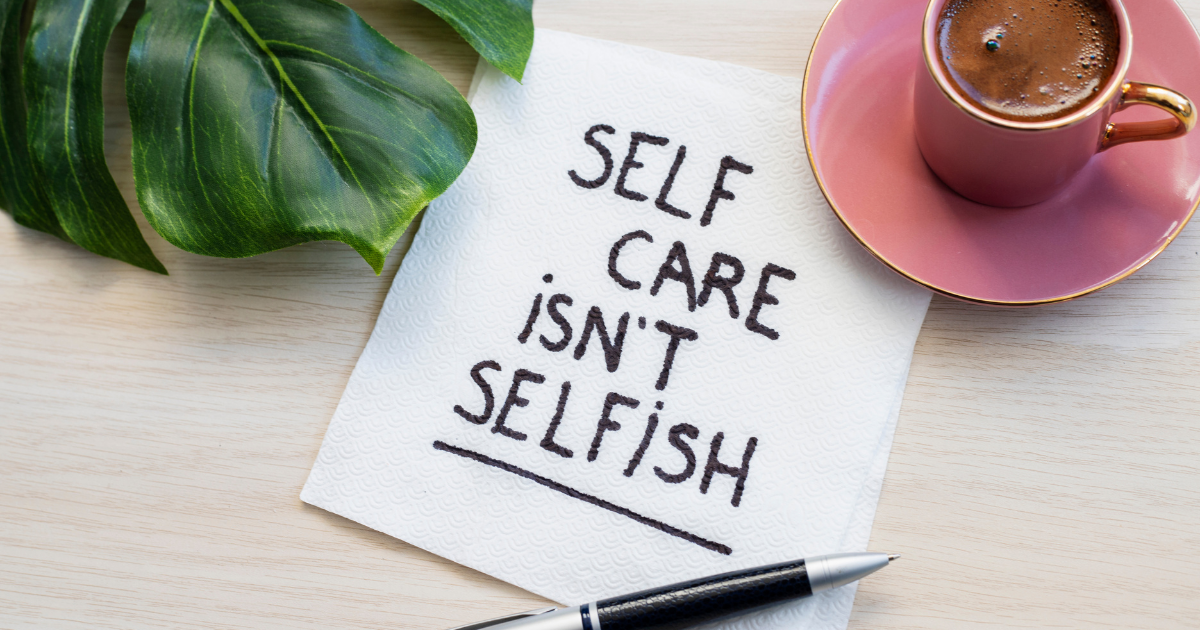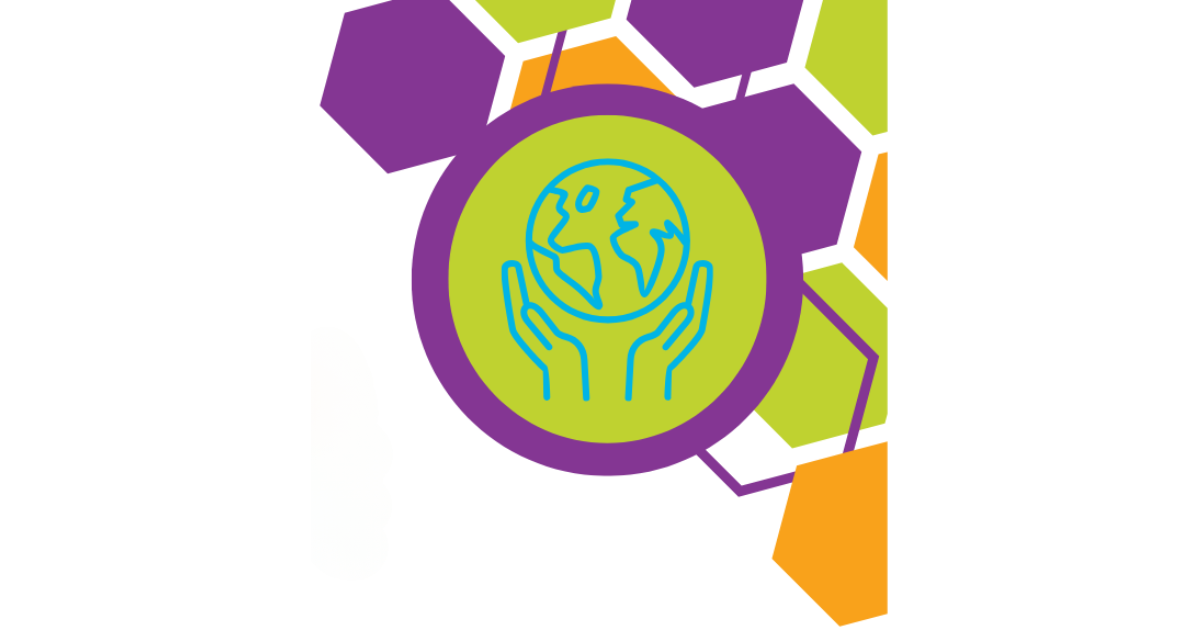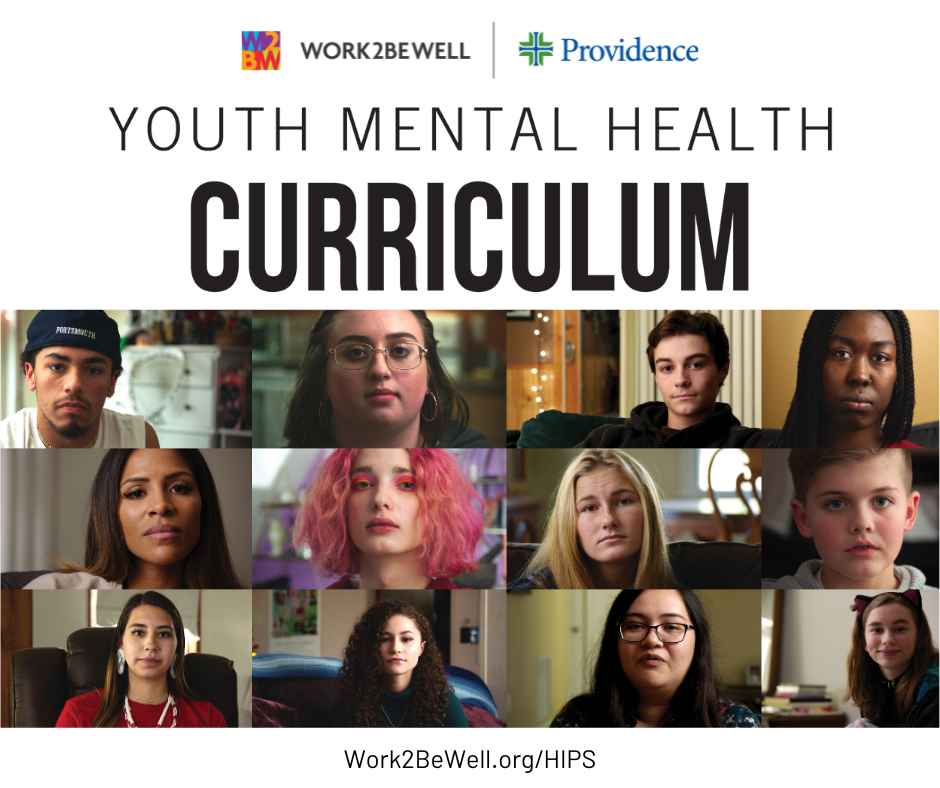Almost everyone experiences anxiety at one time or another. Whether it’s about money, work or relationships, modern life seems to be a minefield of anxiety-producing situations. But everyday anxiety isn’t necessarily something that requires turning to drugs or therapy. In observance of Mental Health Month, we’re sharing these simple anxiety remedies that you can try at home.

- Exercise. Exercise is well-known as one of the fastest ways to alleviate symptoms of anxiety. Moderate exercise releases those feel-good endorphins, and increased body heat may boost cognitive function and increase feelings of relaxation.
- Meditation. This classic practice is still one of the best ways for people to tame anxiety. And you don’t need to buy any special equipment to meditate – you can bask in its benefits by simply dedicating 15 minutes or a half an hour each day to taking control of your mind.
- Chamomile tea. Chamomile is among the best natural remedies for anxiety, due to its high levels of mood-boosting apigenin, luteolin and bisabolol. If you’re experiencing a particularly anxious day, a nice strong cup of chamomile will help you feel calm and relaxed.
- Omega-3 fatty acids. The brain is very susceptible to inflammation, and research shows that omega-3 fatty acids lower inflammation and levels of stress chemicals – all of which contribute to anxiety. Thus, foods rich in omega-3s, like salmon, walnuts and flax seeds should be eaten for a low-stress diet.
- Lavender. Breathing in lavender has been shown to relax the body and reduce anxiety. You can put a few drops of lavender oil into your bathwater or onto your pillow, or rub some directly on your skin. Another method for enjoying lavender is to drop some of the oil into a cup of boiling water and inhale the aroma.
- Hot baths. A steaming hot bath is a time-honored method for calming the mind. Try adding a half-cup of Epson salts to the bathwater, which is thought to lower blood pressure, or add essential oils such as vanilla or bergamot.
- Cut caffeine. It stands to reason: If caffeine boosts energy, too much can cause you to be jittery and anxious. Limit your coffee or black tea intake to one cup a day, and see if this helps reduce your anxiety symptoms. Watch out for “hidden” sources of caffeine, too, like chocolate, sodas or headache medications.
- Journaling. Journaling is simply the act of writing down your thoughts and feelings to help you sort them out, similar to how you kept a diary when you were a teenager. Keeping a daily journal can help you understand your true self better and allow you to gain control of chaotic emotions.
- Yoga. Like meditation, yoga is considered a “mind-body therapy,” which is increasingly being recommended for people who suffer from anxiety. Whether you signup for a class or just practice at home, yoga can be very calming. costs nothing to practice and can be very calming. Go online or to your local library for great resources for yoga instructions.
- Sunlight. The sun is a natural source of vitamin D, which has been linked to lowered symptoms of anxiety and depression. Try to get outside in natural sunlight for 15 minutes per day – preferably by taking a refreshing walk through a park.
If symptoms of anxiety are interfering with your daily life, you can start to feel better by trying some of these tips. If you are having trouble managing your anxiety, consider getting professional help. You can find a doctor in our provider directory.



